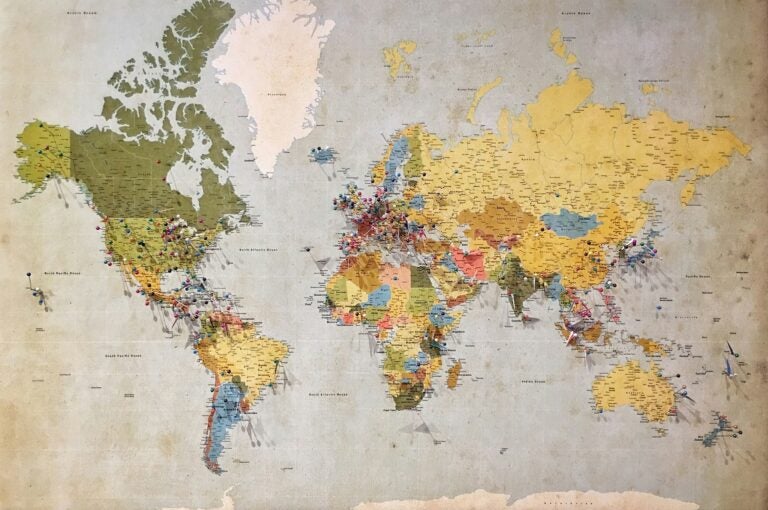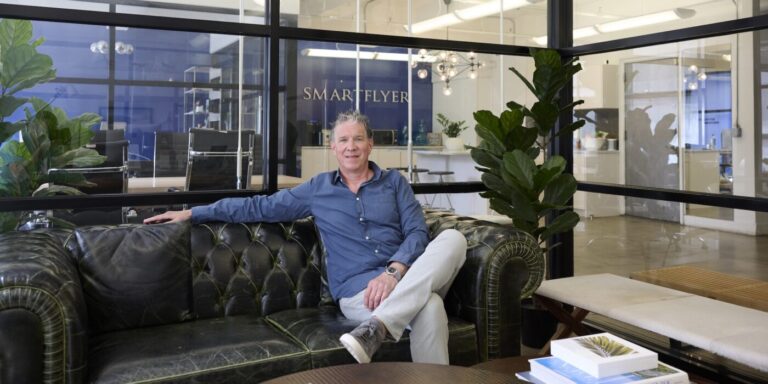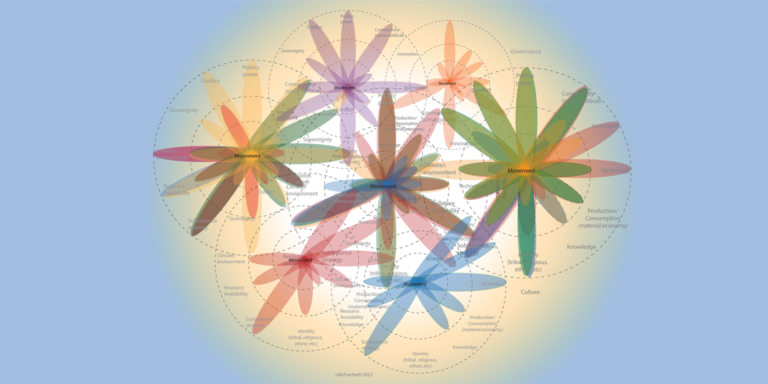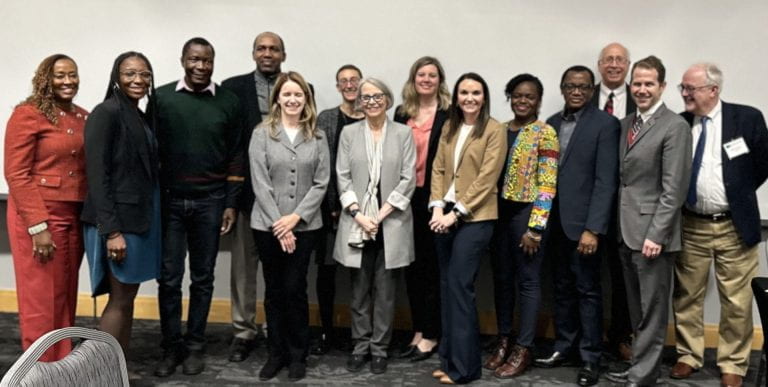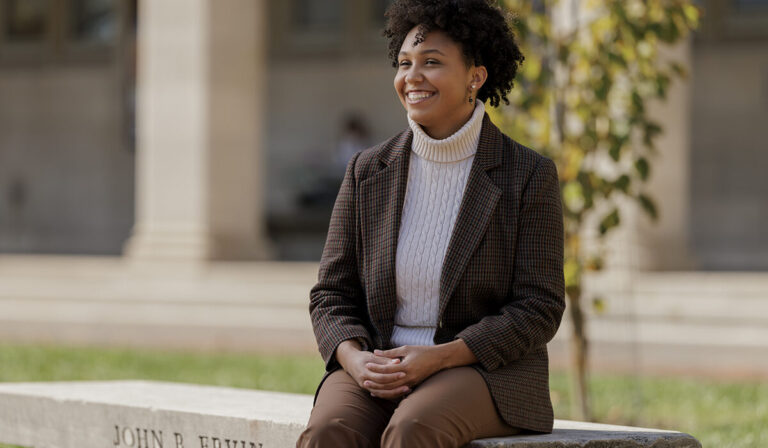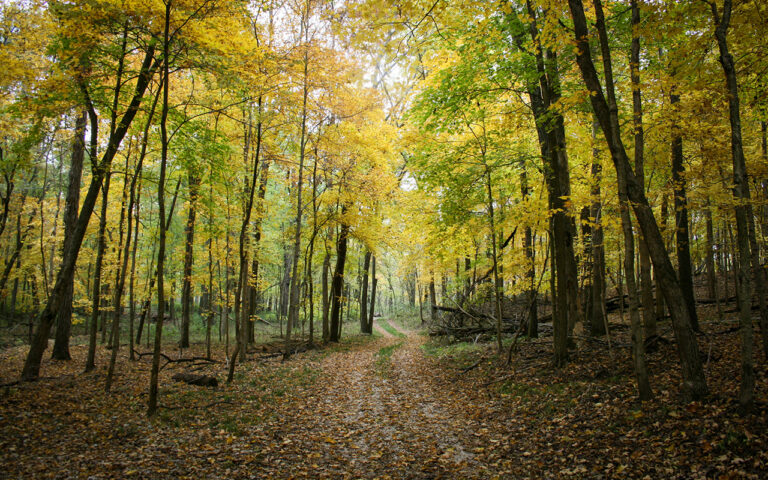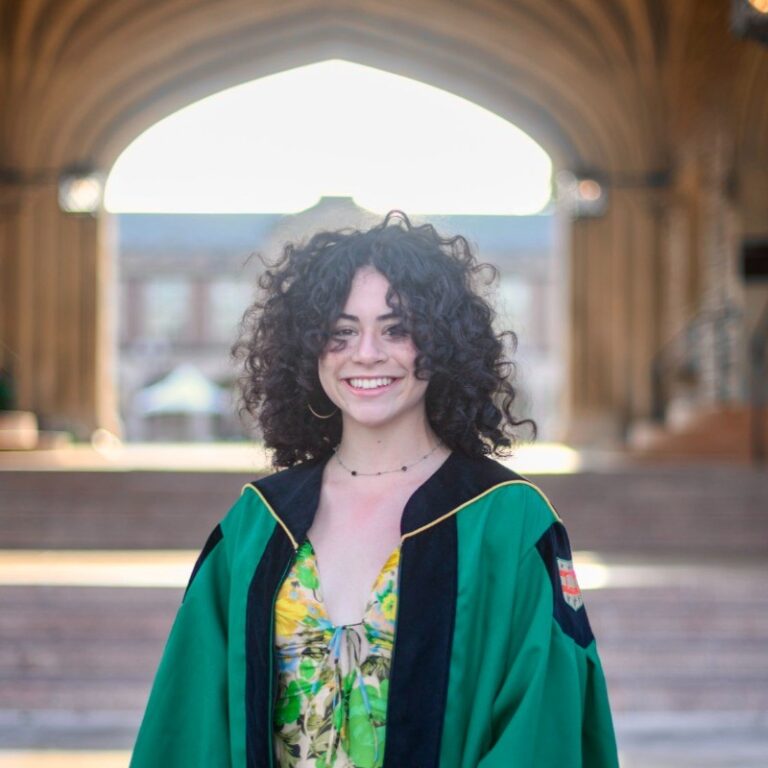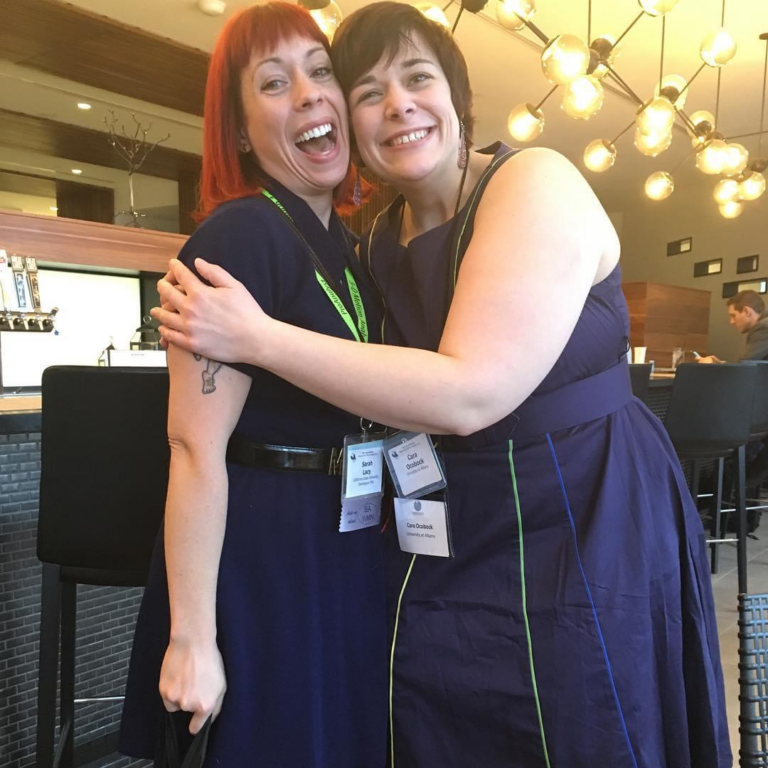Global Advisory Council to enhance WashU’s international initiatives
Chancellor Andrew D. Martin has established a Global Advisory Council to maximize the impact of Washington University in St. Louis’ global efforts in research, education, patient care, recruitment and advancement. The council, which comprises administrators, faculty and staff, will meet quarterly to help strengthen relationships with local and global alumni communities; enhance cross-school collaboration around […]
